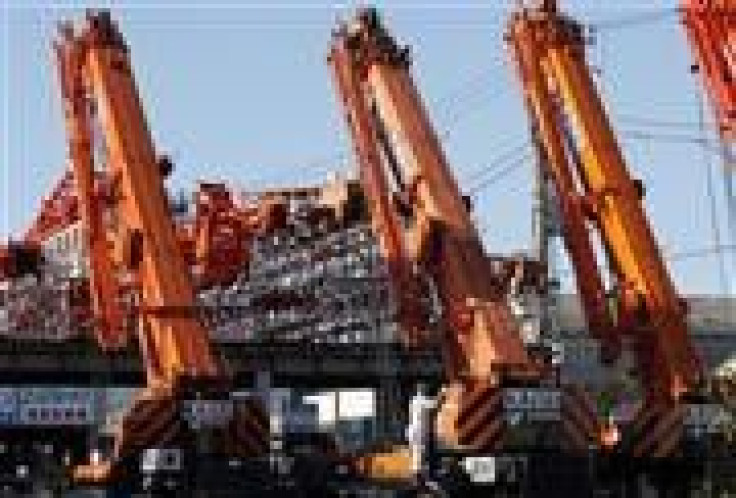Tankan survey shows Japan’s recovery is fading

The Bank of Japan's Tankan business survey showed on Wednesday business confidence among large manufacturers dropped in December, the first decline in seven quarters, and that the prognosis going forward was gloomier.
The survey's headline index fell to +5 in December from +8 in September and the outlook remained bleak in the next quarter, with the survey projecting a fall to -1 in March.
The Bank of Japan's quarterly Tankan survey confirmed that the recovery is fading, with small businesses struggling and investment demand still weak, Capital Economics analysts Julian Jessop and Vishnu Varathan wrote in a note.
The sentiment on current business conditions among large non-manufacturers was little better, with the index declining from +2 to +1 and forecast for March showing a drop to -1. Significantly, the survey showed that business confidence among automakers and electrical machinery manufacturers worsened.
The analysts say while the numbers were not alarmingly bad to shake up markets they do point to worrying prospects and run counter to the prevailing feeling that manufacturing was picking up in the rest of the world. … it is worrying that the recovery in Japan is losing momentum at a time when global confidence - reflected in the PMI surveys elsewhere - appears to be improving. The monthly consumer and business surveys in Japan are sending a similar message.
The analysts point out the Tankan survey reveals a weakening in investment demand, which is a matter of concern. Large manufacturers planned to raise investment by only 2.9 percent in the current fiscal year, following a 31.4 percent collapse on this measure last year.
The Tankan confirmed that financial conditions have continued to improve and there is no shortage of funds to invest. Instead the problem is a lack of demand.
The trade data released last week by the government show that the weakening demand in the US, Europe and China will continue to hurt Japan’s exports.
Japan’s current account surplus, a measure of trade with the rest of the world, expanded 2.9 percent 1.44 trillion yen ($17.20 billion) in October year-on-year, the ministry of finance said last week.
Last week, the Japanese government upwardly revised third quarter GDP growth from 0.9 percent to 1.1 percent quarter-over-quarter, or from 3.9 percent to 4.5 percent at an annualized pace.
Two factors which have obviously affected manufacturing sentiment are the strength of the yen and the scaling back of government incentive schemes for the purchase of environmentally friendly consumer goods, which has led to large falls in the sales of cars and home appliances, the analysts have pointed out.
More fiscal stimulus is in the pipeline but the government is running out of spending categories to support, as well as out of money. Indeed, the next major move on fiscal policy will probably have to be a hike in the consumption tax, albeit not for a few years yet.
The analysts conclude that Tankan showed conditions remain particularly difficult for small firms than for large ones and that their predicted deterioration is greater than expected. Small manufacturers reported a small improvement, from -14 to -12, only to be followed by a sharp deterioration to -23 in March. Small non-manufacturers reported a fall from -21 to -22 and predict deterioration to -29. These firms are typically less exposed to the faster growing markets overseas and more dependent on domestic demand.
© Copyright IBTimes 2024. All rights reserved.











